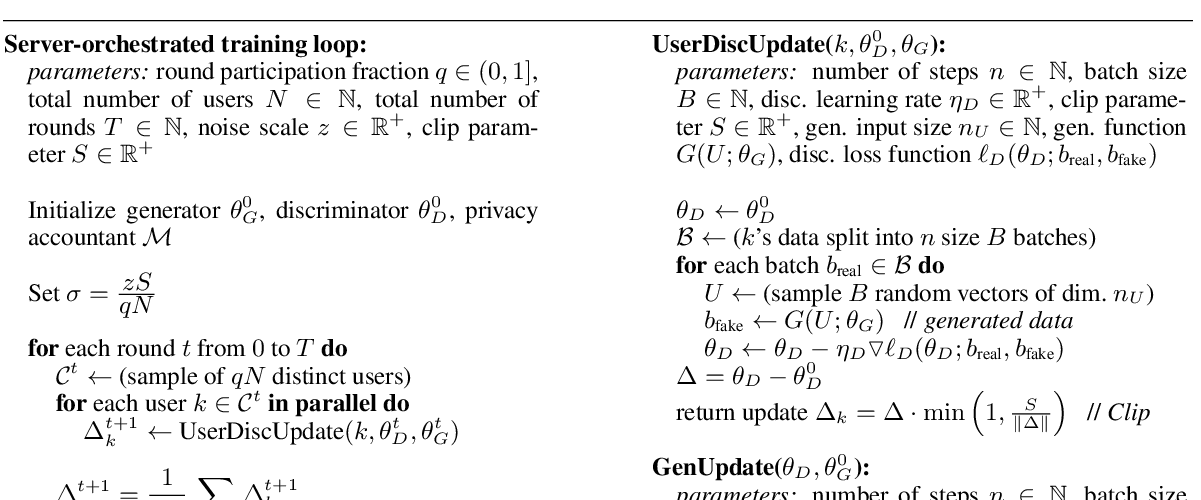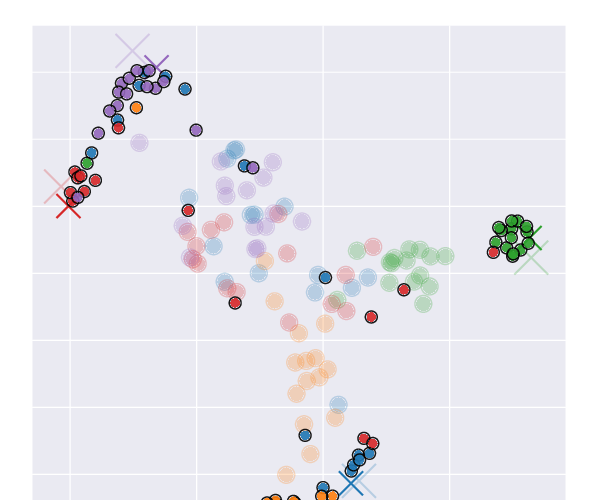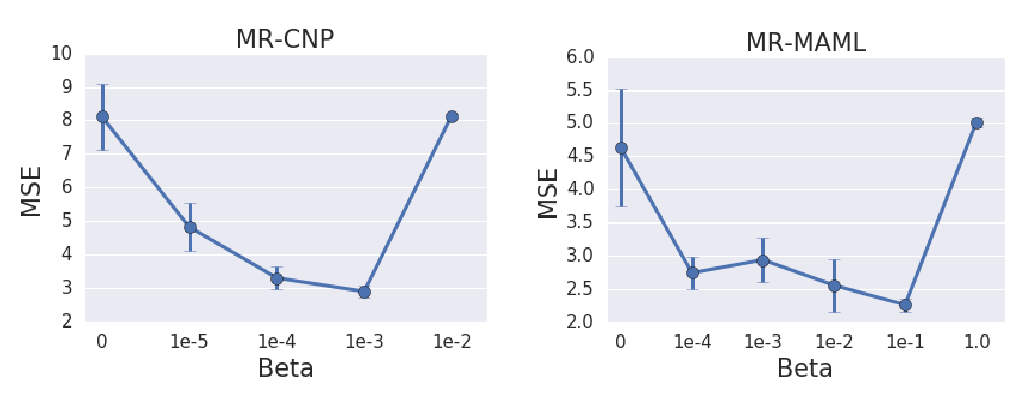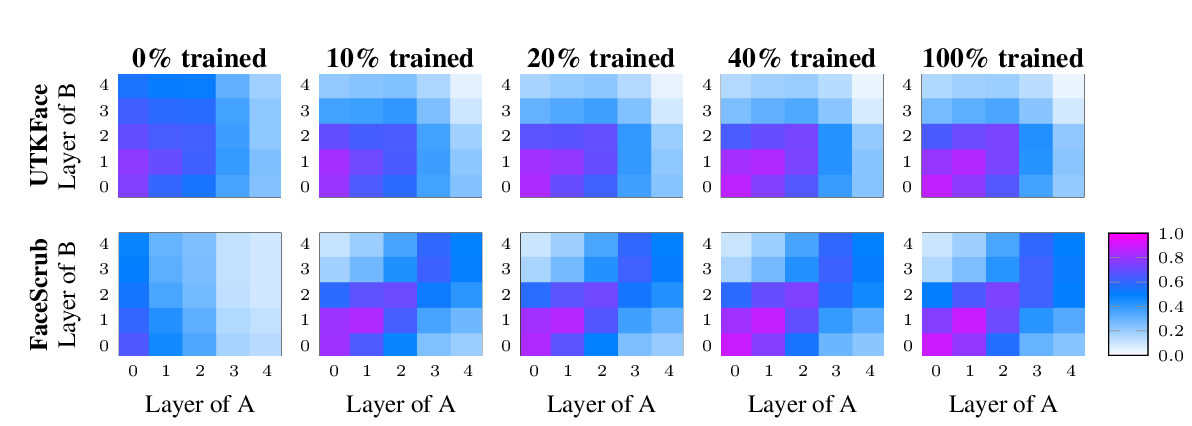Abstract:
Parameter-transfer is a well-known and versatile approach for meta-learning, with applications including few-shot learning, federated learning, with personalization, and reinforcement learning. However, parameter-transfer algorithms often require sharing models that have been trained on the samples from specific tasks, thus leaving the task-owners susceptible to breaches of privacy. We conduct the first formal study of privacy in this setting and formalize the notion of task-global differential privacy as a practical relaxation of more commonly studied threat models. We then propose a new differentially private algorithm for gradient-based parameter transfer that not only satisfies this privacy requirement but also retains provable transfer learning guarantees in convex settings. Empirically, we apply our analysis to the problems of federated learning with personalization and few-shot classification, showing that allowing the relaxation to task-global privacy from the more commonly studied notion of local privacy leads to dramatically increased performance in recurrent neural language modeling and image classification.



